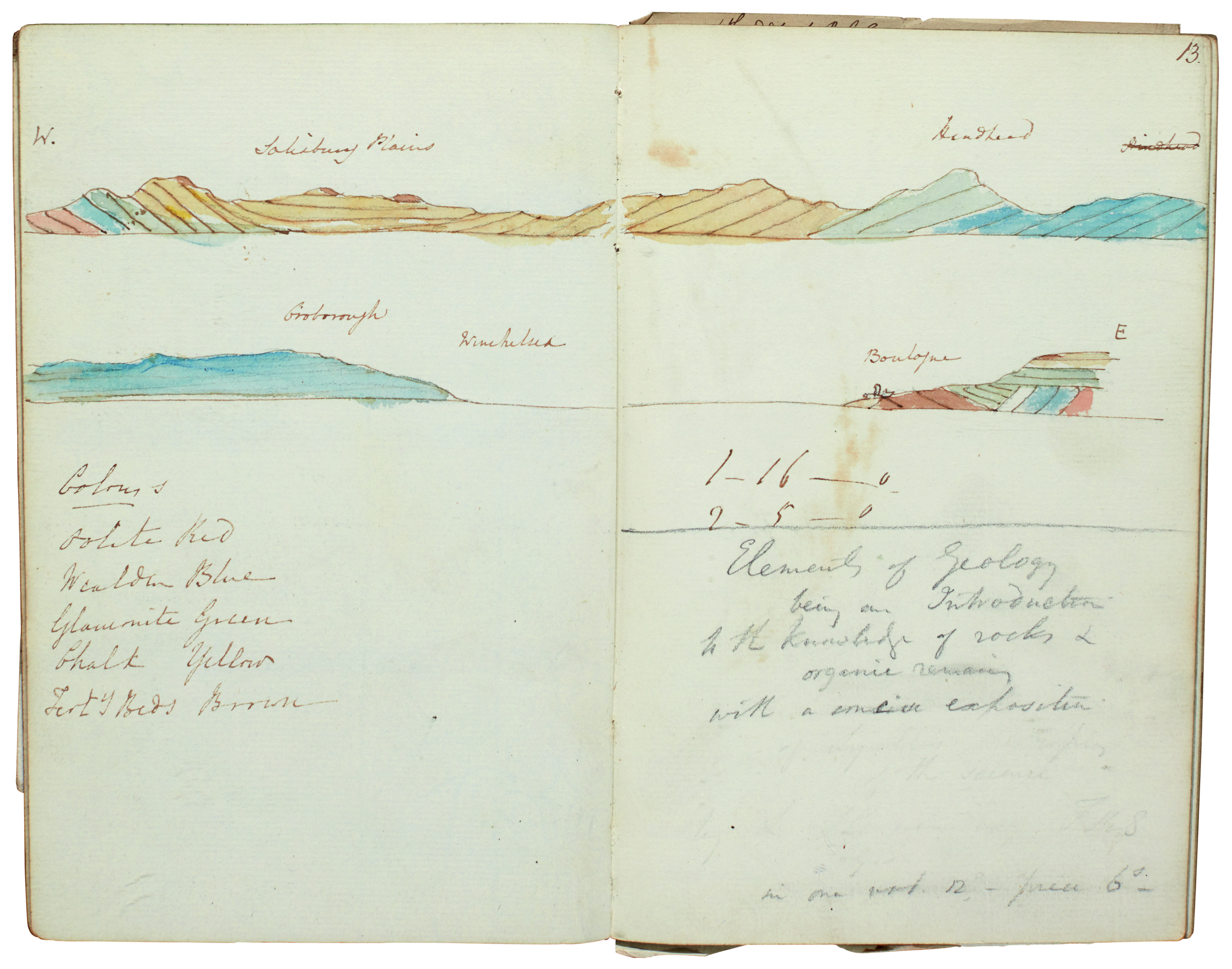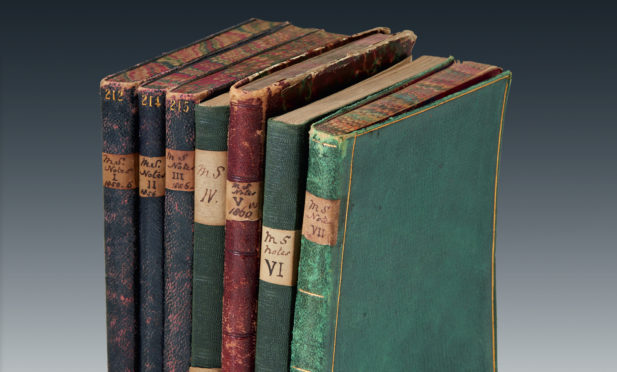Donations of close to one million pounds will ensure a celebrated Angus-born geologist’s notebooks will go on public display in Edinburgh.
Geologist Sir Charles Lyell, who was born in Kinnordy House in 1797, mentored On the Origin of Species author Charles Darwin after the latter returned from his famous five-year voyage around the world on the HMS Beagle.
Sir Lyell influenced generations of scientists through his popular books and lectures and is credited with providing the framework that helped Darwin develop his evolutionary theories.
Money donated by more than 1,000 campaign supporters, a grant from the National Heritage Memorial Fund (NHMF) and a contribution from the University of Edinburgh has successfully secured the books.

The works were subject to a government export bar in a bid to keep them in the UK.
The strength of the university’s campaign led to the bar being extended until mid-October.
The university is planning to make the collection of 294 notebooks available to the public for the first time through its exhibitions programme and digitisation.
The works were previously held in private ownership..
Jeremy Upton, the university’s library and collections director, said: “The acquisition of Sir Charles Lyell’s notebooks is one of the most significant additions to our archive collection for many years and we are thrilled that they will be freely accessible to all.
“I would like to thank everyone involved in this campaign – especially those who made a donation, however large or small, to make this notable purchase possible.”
Though written in the Victorian era, the scientist’s works are said to shed light on current concerns, including climate change and threats to biodiversity.
They also explore the meanings of so-called ‘deep time’– the concept of geological time first described by the Scottish geologist James Hutton in the 18th century.
Sir Lyell was born into a wealthy family, on November 14 1797, at the family’s home Kinnordy House, near Kirriemuir.
In Darwin’s autobiography published in 1887, he wrote: “The science of geology is enormously indebted to Lyell – more so, as I believe, than to any other man who ever lived.”
Sir Peter Luff, chairman of the National Heritage Memorial Fund, said: “I am delighted that Sir Charles Lyell’s contributions to the world of science can, at last, be more widely known and explored.
“These volumes are sure to add a huge amount to our understanding and we felt it was vital this outstanding collection was saved for future generations.”
